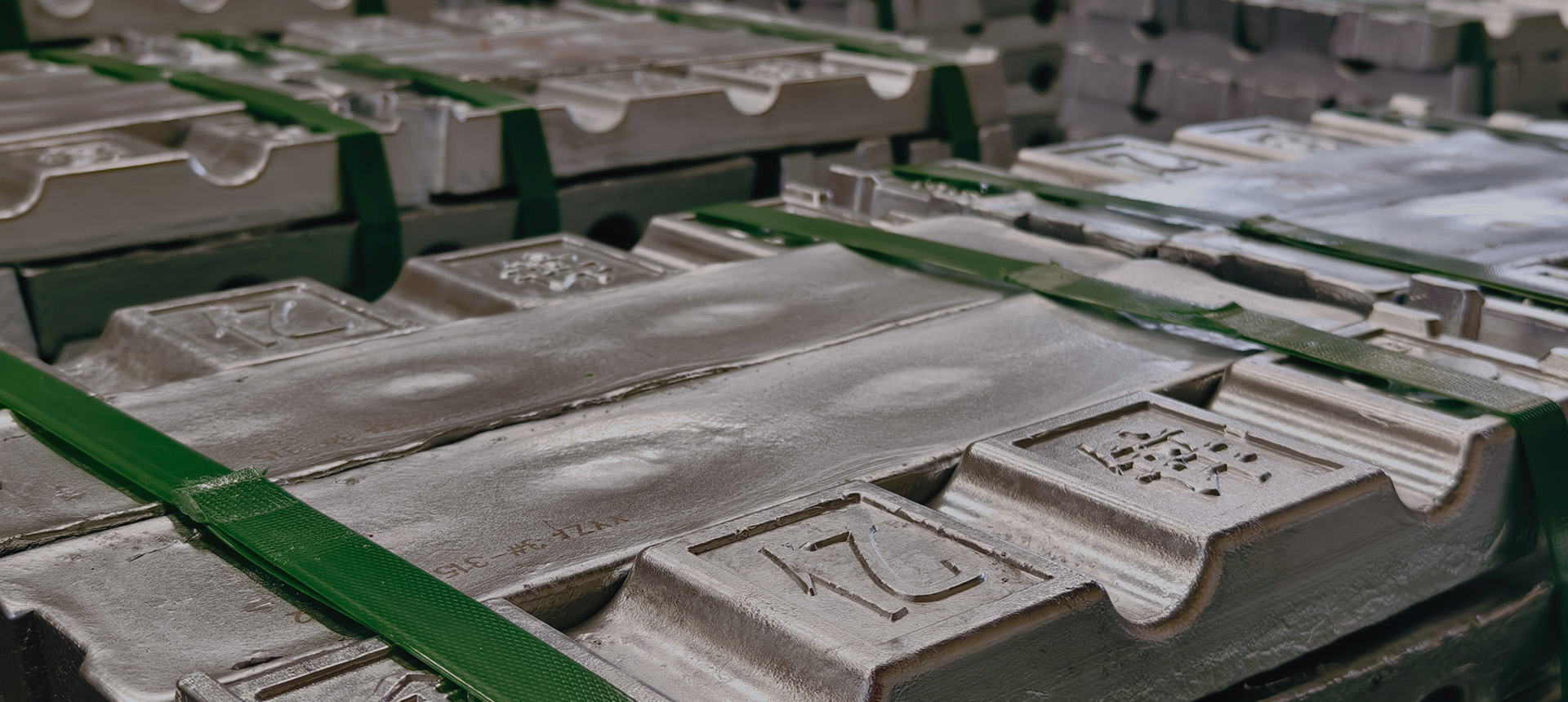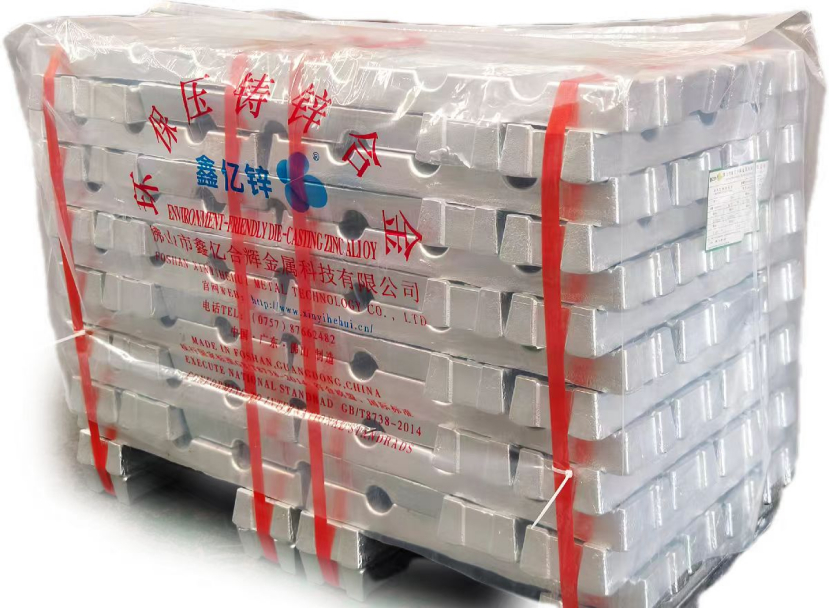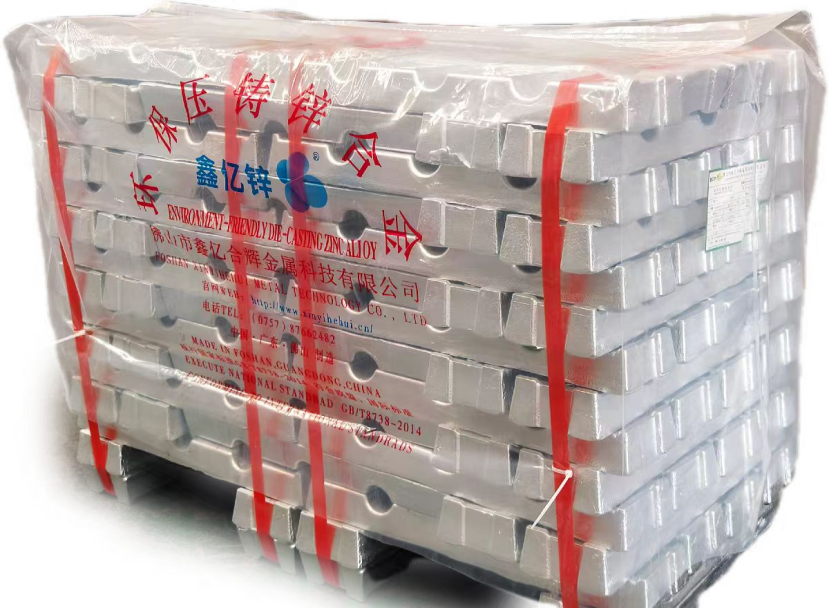Typical Mechanical Properties (Die Cast):
|
Ultimate Tensile Strength(Mpa) |
Yield Strength(Mpa) |
Elongation:% in 2" |
Hardness:Brinell |
|
310 |
240 |
4 |
105 - 125 |
Typical Physical Properties:
|
Density(g/cm³) |
Melting Range(°C/°F) |
Electrical Conductivity:%IACS |
Specific Heat (J/kg·°C) |
Die Shrinkage(in/in) |
|
6.85 |
402 - 502 (755 - 935) |
26 |
525 |
.0075 |
Chemical Specification:
|



